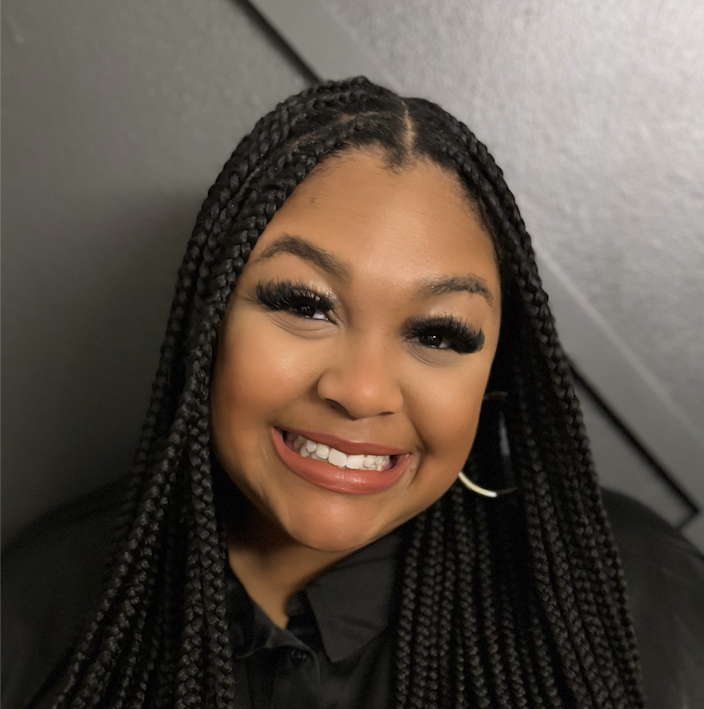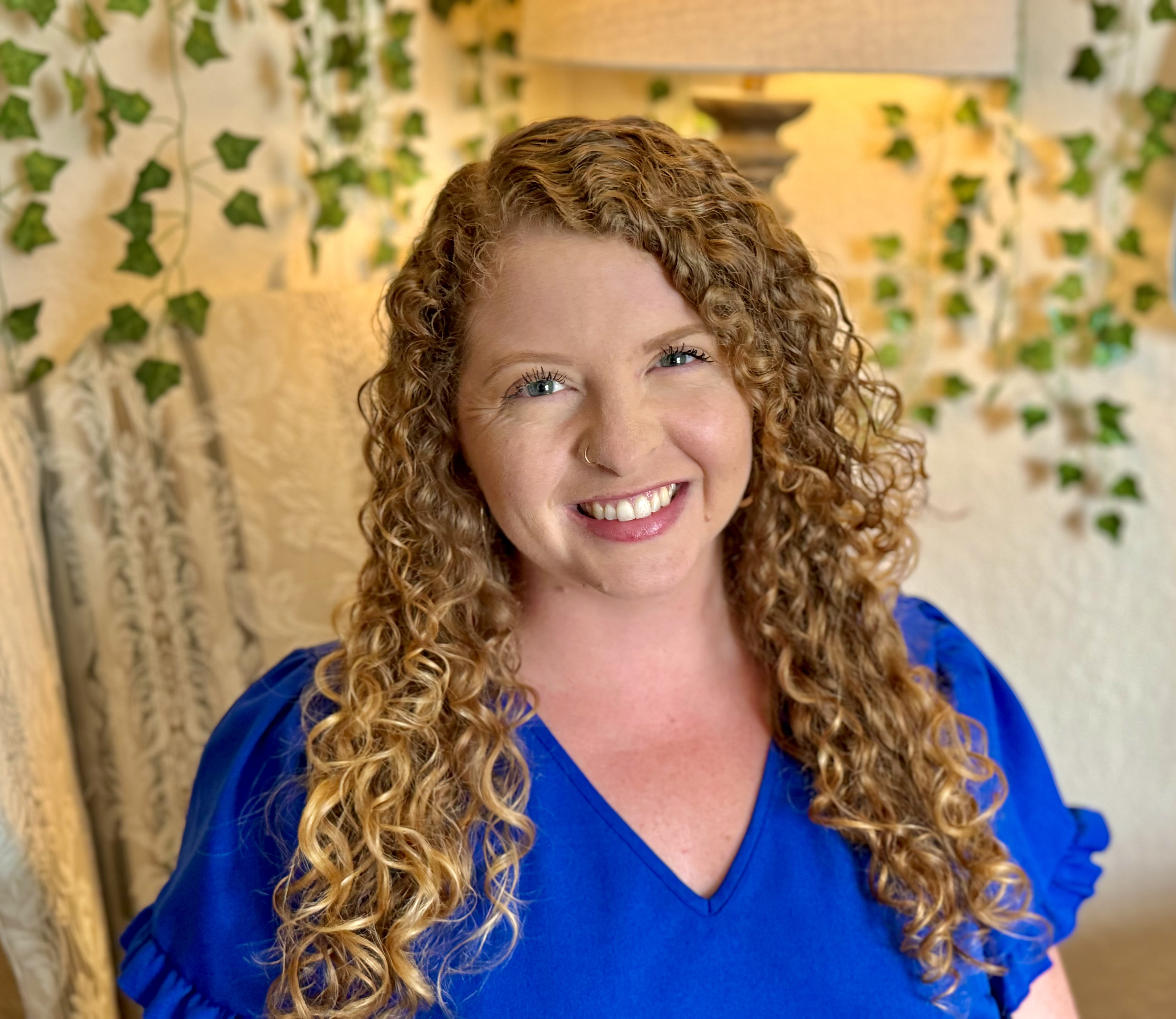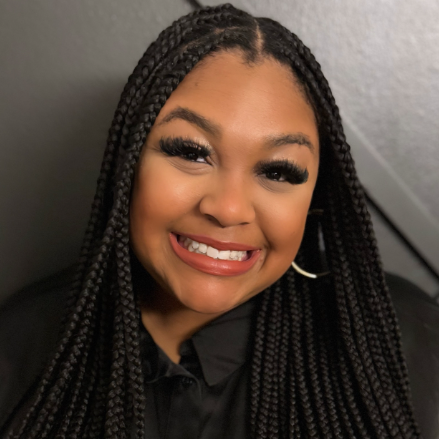


Very Queer, Very Demure, Very Joyful: Using the Therapeutic Relationship and Creative Practices as a Counter-Space for Queer Joy
Very Queer, Very Demure, Very Joyful: Using the Therapeutic Relationship and Creative Practices as a Counter-Space for Queer Joy
Information
Date & Time
-
-
Learning Objectives
Participants will be able to:
-
Identify various creative/artistic practices (e.g., visual art, performance, writing) as mental health interventions for cultivating Queer joy, self-expression, and resilience for clients.
-
Discuss how to empower BIPOC LGBTGEQIAP+ individuals and Transgender and Gender-Expansive Individuals to re-claim and center Queer joy inside of safely identified communities.
-
Develop practical strategies for advocating for and integrating counseling and theoretical perspectives that honor experiences of Queer joy, utilizing QueerCrit and liberation-based frameworks.
Educational Goal
Description
In this session, participants will explore the importance of centering Queer joy as a means of healing within the therapeutic relationship when working with BIPOC LGBTGEQIAP+ individuals and Transgender and Gender-Expansive Individuals. Using critical and liberation-based theoretical frameworks to conceptualize a space where Queer joy can thrive, this session offers opportunities for attendees to center the importance of safe community, mutual aid, and the framing of sociopolitical contexts as efforts to (re)claim agency and joy for the mental health and wellbeing of Queer people. This session will offer a facilitation of healing-centered, arts-based therapeutic interventions that are transformative, expressive, restorative, liberatory, and necessary to cultivate thriving experiences for BIPOC LGBTGEQIAP+ Individuals and Transgender and Gender-Expansive Individuals.
Target Audience
- Addiction Professional
- Counselor
- Marriage & Family Therapist
- Psychologist
- Social Worker
Presenters
Financially Sponsored By
- SAIGE
